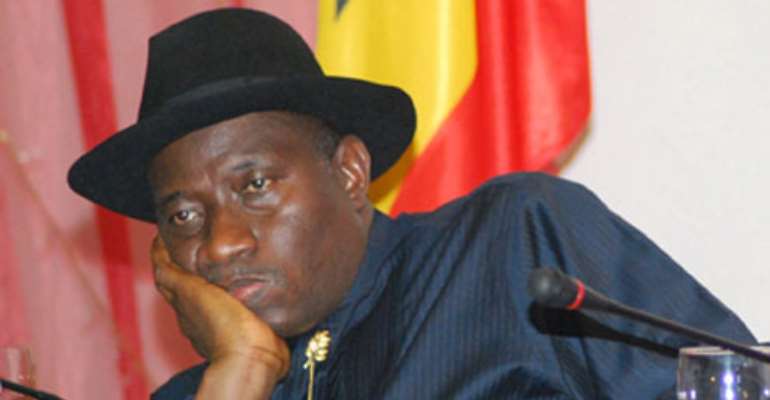How Jonathan's administration shockingly rejected British offer to rescue Chibok schoolgirls-Report

Reports coming out from the United Kingdom Saturday revealed that the government of former president Goodluck Jonathan rejected moves by the British armed forces to rescue the kidnapped Chibok schoolgirls.
Notes from meetings between UK and Nigerian officials, obtained through the Freedom of Information Act, also suggest that the administration shunned international offers to rescue the girls. While Nigeria welcomed an aid package and assistance from the US, the UK and France in looking for the girls, it viewed any action to be taken against kidnapping as a “national issue”.
“Nigeria’s intelligence and military services must solve the ultimate problem,” said Jonathan in a meeting with the UK’s then Africa minister, Mark Simmonds, on 15 May 2014.
A document summarising a meeting in Abuja in September 2014 between Nigeria’s national security adviser and James Duddridge MP, former under-secretary of state at the Foreign Office, shows Operation Turus had advanced to the point where rescue options were being discussed. Minutes from a meeting the following month between Major-General James Chiswell and Jonathan hinted at the frustration felt by those trying to prompt some action from Nigeria.
“[President] Jonathan was still focused on ‘platforms’. General Chiswell said again we could offer advice on what equipment might make sense and how weapon systems might be best deployed,” the October 2014 document stated.
According to the U.K Observer the Jonathan government rebuffed all offers to rescue the over 300 kidnapped schoolgirls.
In a mission named Operation Turus, the RAF conducted air reconnaissance over northern Nigeria for several months, following the kidnapping of the 276 girls from Chibok in April 2014.
“The girls were located in the first few weeks of the RAF mission,” a source involved in Operation Turus told the Observer. “We offered to rescue them, but the Nigerian government declined.”
The girls were then tracked by the aircraft as they were dispersed into progressively smaller groups over the following months, the source added.
